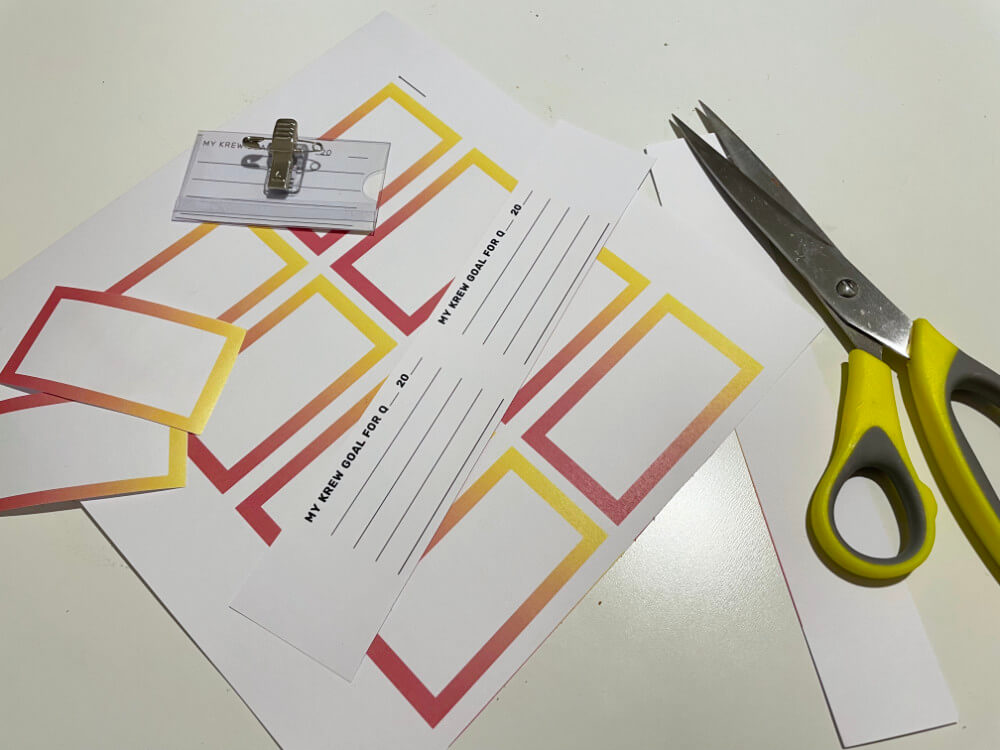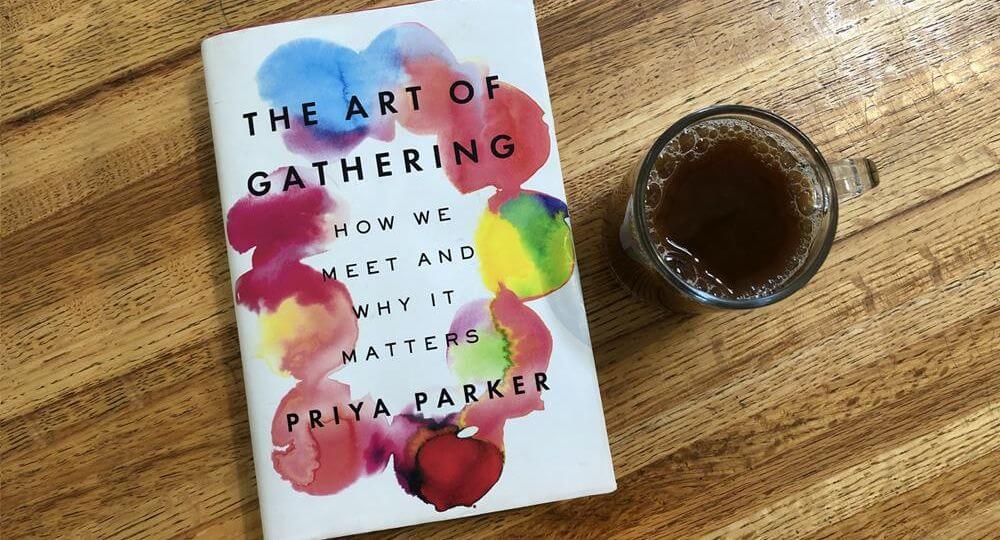3 Things I Wish I Had Known Before I Started Organising Offline Events
One of the businesses I’m working on is KREW – a community of creative and driven entrepreneurs who like to connect beyond the business card.
At the moment, we host one offline KREW Meeting every 4th Thursday in The Hague, so there will be one tomorrow.
That means tonight I’m preparing! 🙃
A lot of stuff in terms of preparing these meetings has become “common sense” to me now, but when I look back it took me many trials (and errors) to have even a remote idea of what I’m doing.
That’s why I thought: let me share three things I wish I had known before I started organising these offline events. Here they come!
#1: It’s a LOT of work 💪💪
Anyone who tells you organising offline events is easy is either lying or they are organising a crappy event.
In our case, we need to organise a location, invite enough people personally so that the group is big enough, prepare the program, instruct the co-organisers, prepare the meeting materials, prepare the room… and take care of all the snacks, dinner and drinks.
And even then I’m probably still forgetting a few things (like cleaning up).
Of course it’s all worth it, but it’s not something you want to underestimate: organising good events takes a good amount of time.
In our case it takes even more time, because I’m applying the build-test-improve method I described in a recent blog post. All in order to create the most epic event for entrepreneurs ever known.
For example, we realised that we never had name cards before, so tonight I designed and cut some name cards:

Another example: we usually order pizzas, but we noticed that sometimes – when the pizzas arrive early – they distract us during the final part of the meeting and they get cold. So now we have a Deliveroo (soon to be named DeliverKREW) bag, so that we can try out what happens if we store the pizzas in there until the end of the meeting instead.
I love improving our meetings through these little changes, but yeah… it takes time. Every single time.
#2: You don’t have to organise alone 🙋
As I was organising more and more events, the burden became bigger and bigger. Too big for one person alone.
The thing was, I didn’t want to ask any of the attendees to help me out, because I was organising the event for them. They are paying customers. So I didn’t want to bother them with something like “hey, would you like to help me clean up the room afterwards?”.
What I found out, however, is that helping to organise an event makes you feel more responsible for the result.
You’re not simply a consumer anymore when you help out, but you’re now also thinking about how to make this event better. You want it to be great.
So I started involving the attendees in everything.
There are some people that help me determine the long-term strategy. Other people have become my right hand for anything related to organising the events before they take place. And during the meetings, there are now roles for attendees to take on!
An example of such a role is the Time Chief. This person literally has a bell and rings it when time for a certain part of the event is up. And it’s someone else every meeting.
*Ding!* 🛎️
#3: Consistency and cadence are your friends ◻️ ◻️ ✅
Remember that the KREW Meeting takes place every 4th Thursday of the month?
The dates used to be random. Heck, the whole program used to be random.
The problem with this approach is twofold:
1️⃣ People never truly know what to expect, so attendance tends to be low
2️⃣ Organising takes even more time, because no meeting is the same
On top of that, it’s really hard to organise a high-quality meeting when you’re basically organising one for the first time, every time.
That’s why I started creating a system around organising meetings. To me, having a system means that we have clear checklists on what to do when – before, during and after each meeting.
It’s a work in progress. But what I noticed is that because of these systems, I have way more time to focus on the details and improve on those.
What’s also cool is that where I had to make a lot of phone calls before, I now have people asking me about the KREW events. Why? because they see the recurring invites every month.
When you show up and you keep showing up, consistently, people get curious and they’ll eventually want to join.
Bonus tip: The Art of Gathering by Priya Parker 📙
Nearly two years after I started organising offline events for entrepreneurs, two people in one week told me I should read the book ‘The Art of Gathering’ by Priya Parker.
Holy crap. Pretty much everything that I was struggling with was covered in this book. It provides some great tools and guidelines to make any meeting better.
Seriously, if you organise any sort of offline gathering – even dinner parties – read this book.
I wish I had done it a lot sooner.

And that’s it, my friends! These are the things I wish I had known before I started organising offline events.
It’s not just three things, by the way. I could share a lot more, actually (ask me about them, if you like).
Though, I think that if you’re organising events on a regular basis yourself, these three simple insights could help you a lot.
And if you don’t organise events yet, give it a try! In this increasingly online world, we need more events that allow for meaningful and deeper connections.
And, at least for now, that still works best offline.
